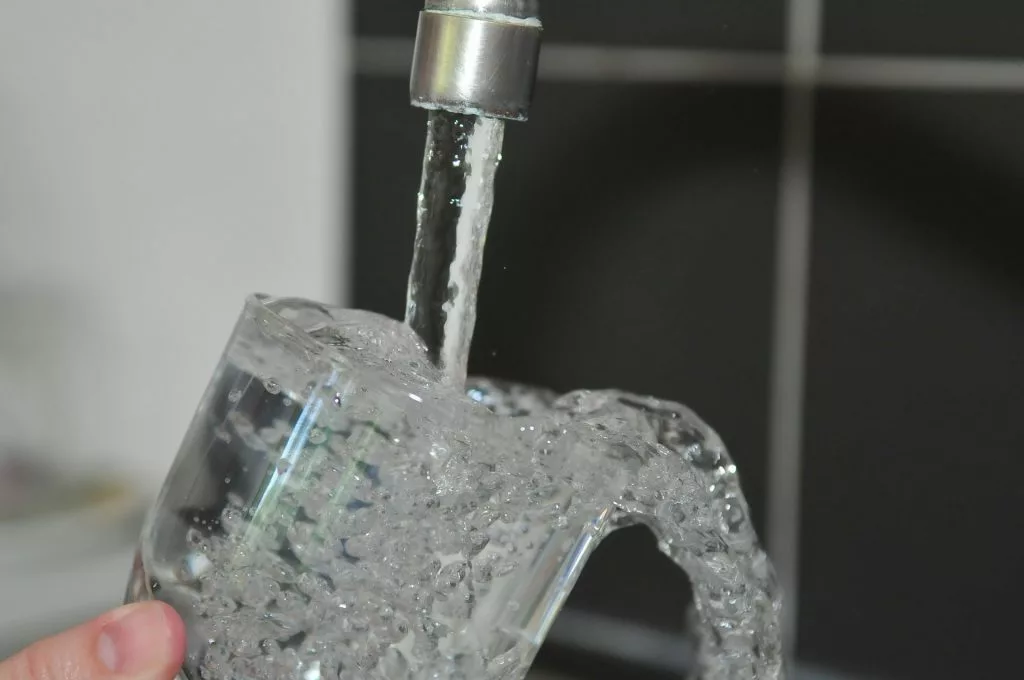
In the United States, more than 13 million households rely on private wells to get their drinking water. But unlike municipal sources of drinking water, like a town or city, private wells are not regulated by the government. Instead, private well owners are responsible for the safety of their own drinking water.
To make sure that private well water is free from contaminants, wells should be tested at least once a year. Yet, routine water tests for private wells are uncommon in Illinois and in other places across the country. Without these tests, however, families have no way of knowing whether their private well water is safe to drink.
Testing your well water is important because it’s the only way to determine whether it contains chemicals or other contaminants that may be harmful to your health. The U.S. Environmental Protection Agency warns that the following contaminants are commonly found in private well water:
Consuming drinking water with microorganisms can cause gastrointestinal illnesses and infections.
Drinking water contaminated with these can cause methemoglobinemia or “blue baby syndrome” and certain cancers. Nitrates can turn the body’s hemoglobin, the chemical in the blood responsible for transporting oxygen, into methemoglobin. Increased methemoglobin reduces the ability of the blood to transport oxygen to cells that need it. This oxygen starvation is the cause of methemoglobinemia (“blue baby syndrome” in infants). In mild cases, the reduced oxygen can cause lips to have a bluish tint in the lips, ears, and nose. In severe cases, it can lead to respiratory problems and even death.
Infants are especially at risk for methemoglobinemia because they have low hydrogen potential in their stomachs compared to adults. Pregnant women are also more at risk as their methemoglobin levels are naturally higher during pregnancy, which means they cannot tolerate a lot of additional exposure to nitrate and nitrite.
Drinking water contaminated with high levels of heavy metals can cause liver, kidney, and intestinal damage, as well as anemia and cancer.
Consuming water with VOCs can cause cancer or damage a person’s kidneys, liver, circulatory system, nervous system, and reproductive system.
Drinking water contaminated with radionuclides can cause toxic kidney effects and cancer.
Drinking water with excessive levels of fluoride can cause skeletal fluorosis and dental health issues.
Common sources of contamination in private wells include animal waste, human sewage, mining operations, petroleum refineries, manufacturing operations, cement plants, natural mineral deposits, large-scale industrial farms, pesticides, pharmaceuticals, disinfectants, and nuclear power production.
Contamination in private drinking water wells is a problem all across the United States. Illinois, for example, is one of several states with a large number of residents who drink water from private wells contaminated with arsenic. A 2017 study published in the Environmental Science and Technology journal estimates that approximately 68,000 Illinois residents could be drinking water from wells with dangerously high levels of arsenic.
To get your well water tested, contact your local Department of Public Health. Illinois residents can also visit the Illinois Environmental Protection Agency’s Private Well Users page by clicking here.
If you or your family members have become ill as a result of private drinking water well contamination, contact the experienced environmental attorneys at The Collins Law Firm as soon as possible by calling (630) 527-1595. We are ready to fight on your behalf.

"*" indicates required fields